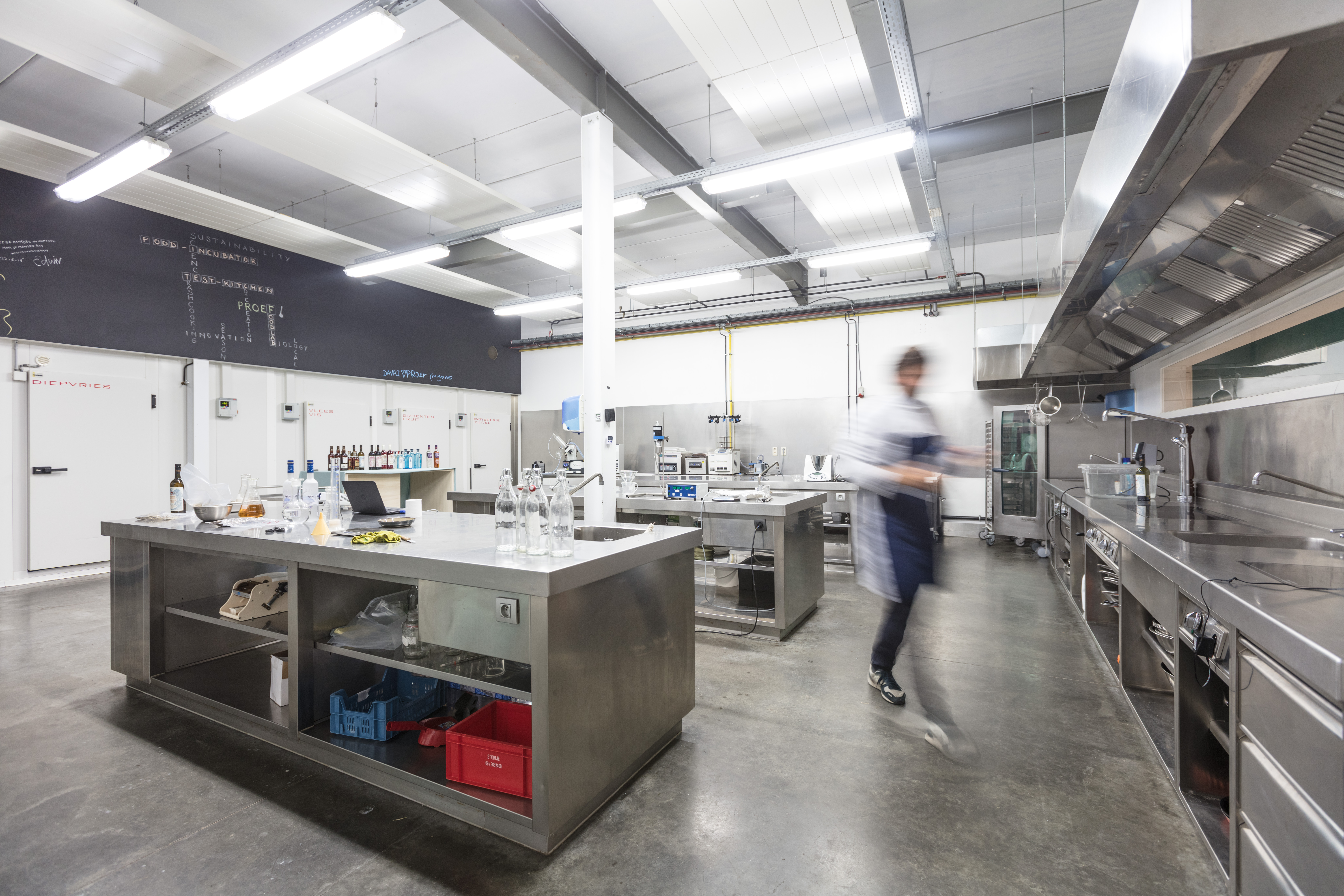


Product development faces two significant challenges, and those are the cost and availability of some ingredients, says Maxime Willems of the Proef! food laboratory. The Ukrainian crisis is forcing food and ingredient businesses to face facts.
“Proef! is a food laboratory that encourages food producers to innovate and co-create”, says founder Maxime Willems. “We have our own test kitchen and an incubation space for start-ups.” The company faces the challenge of making sure that both the method of preparation and the R&D are economically viable.

© Proef!
“In the period between developing the early prototypes for a product and ordering the ingredients for the first production run - easily one or two years - the cost of the ingredients can change dramatically”, says Willems from experience. “And that’s not all. What can also happen is that the ingredients used in development are no longer available when the business goes into production”, says Willems. “This means additional costs for R&D and the rest of the production preparations and marketing.”

© Proef!
How should food companies deal with this?
It is important for food companies to discuss prices and availability with their ingredient suppliers throughout the development process. Willems: “That means a lot of communication and interaction from both sides. The food companies mustn't allow themselves to drop behind the curve. Obviously, the ingredient suppliers should keep the food companies in the loop.” It is in their joint interests to cooperate as early as possible in the process. “This they can do directly or through a third party like Proef!, which keeps tabs on prices and availability and a close eye on the latest foodstuff trends.”

“Croky crisps are known for their strong flavours and crunchiness. These qualities are important, especially as other brands have recently reduced their flavour intensity”, says Mathilde Taverniers of Roger & Roger.

“We are thrilled to receive the Factory of the Future Award 2025. Olivier Carlens, Site Manager at Puratos Lummen, emphasises: “This award validates our efforts and motivates us to continue our journey towards a sustainable and innovative future."

Within the West Flemish centre of expertise and innovation NuHCaS, collaboration brings together researchers and professionals from various disciplines in the food and healthcare sectors to foster innovation and knowledge exchange. Ellen Fierens of Flanders’ FOOD reports that this year’s ambition is to expand the collaboration to other regions in...

"We firmly believe that sometimes it takes longer to create sustainable value”, says Hilde Vander Straeten of Korys. "The values of our investment company are rooted in the DNA of the Colruyt family and its long years of experience in sustainable, values-driven entrepreneurship."